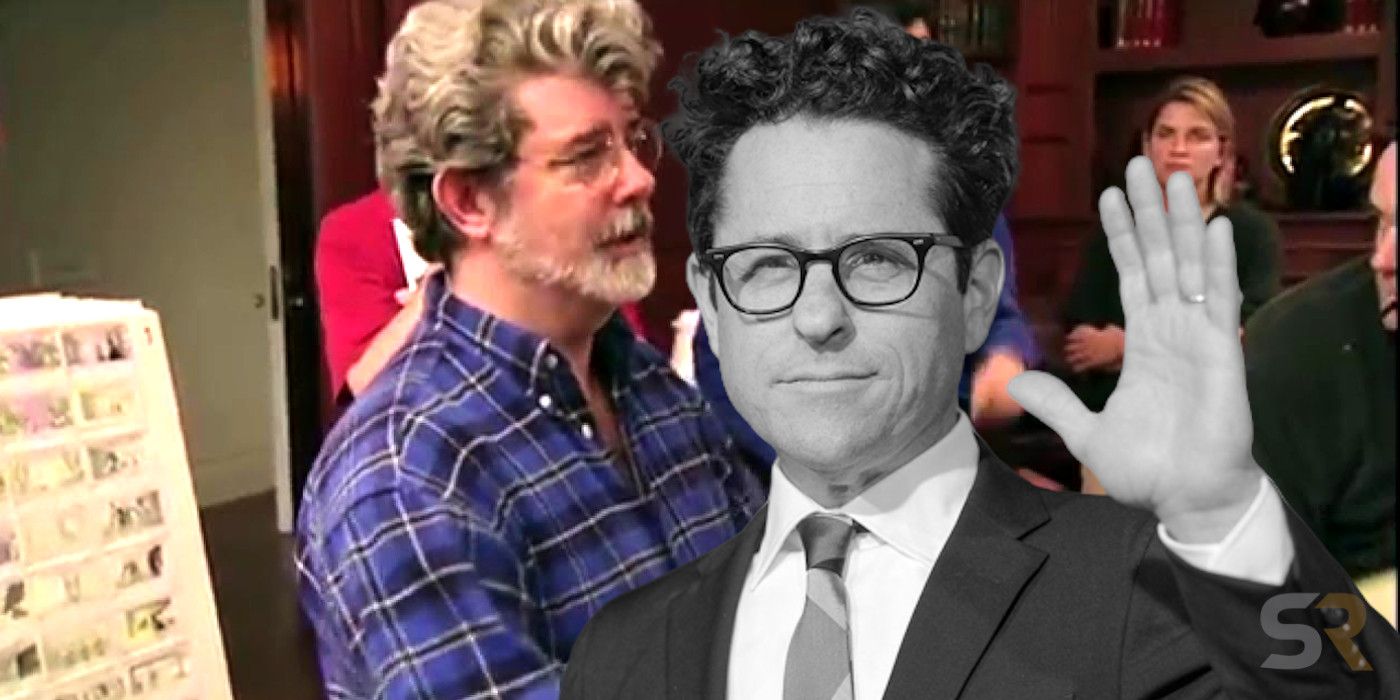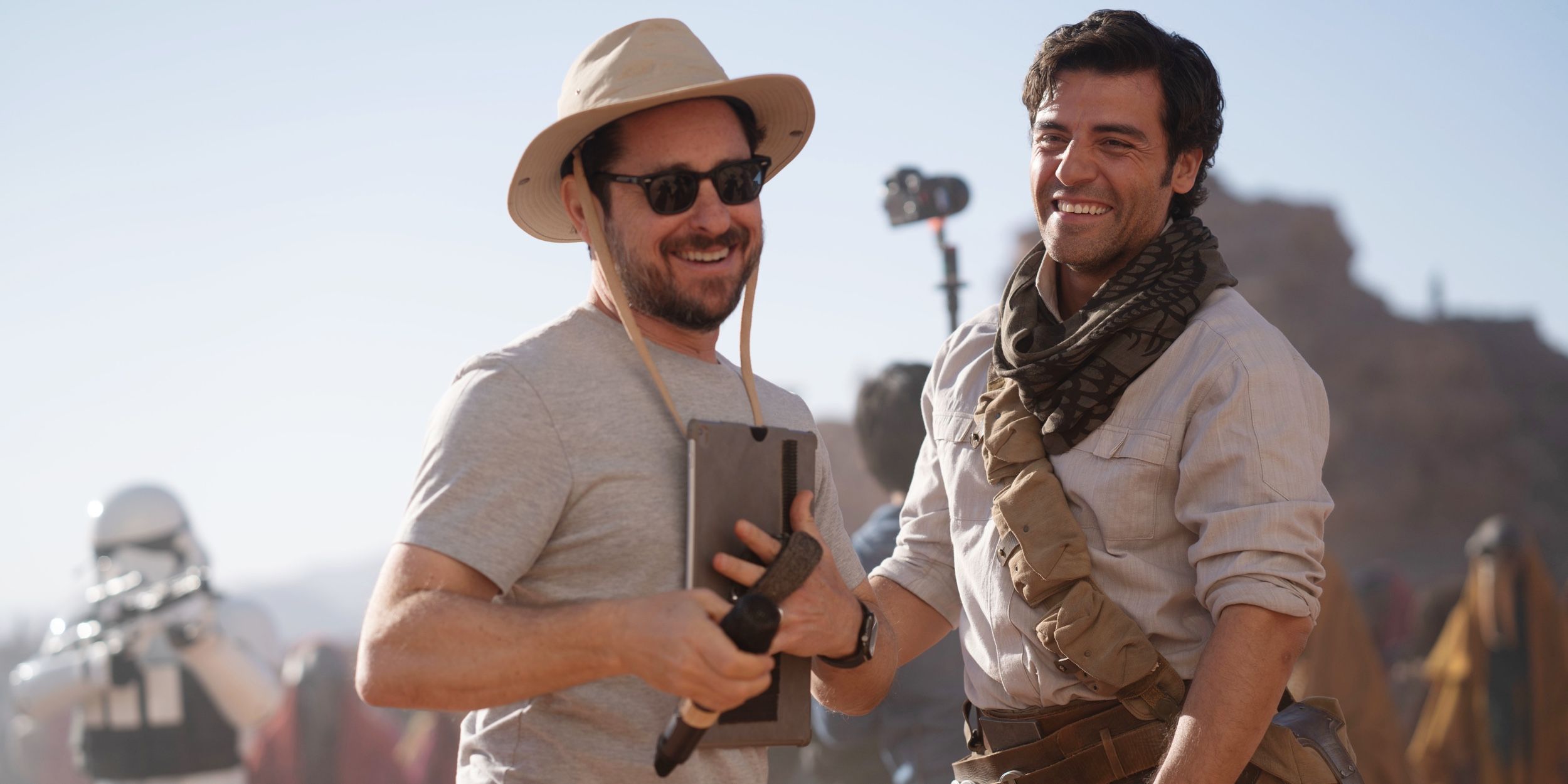Star Wars: The Rise of Skywalker director J.J. Abrams paraphrased George Lucas' infamous "they're like poetry" line during the film's official documentary. Although he created the galaxy far, far away, Lucas has been the subject of much criticism over the decades, not least for his controversial direction of the Star Wars prequel trilogy. One of his most mocked ideas is the statement that his movies are "like poetry."
The quote comes from "The Beginning, the making of documentary for 1999's Star Wars Episode I: The Phantom Menace. During pre-production, Lucas discusses how his new story mirrors the original movie, specifically in how Anakin destroying the Trade Federation droid control ship parallels Luke's destruction of the Death Star in A New Hope. He says their narratives are "like poetry. They rhyme. Every stanza rhymes with the last one." This quote has become synonymous with him and the franchise, for better or worse.
Over 20 years later, Star Wars: The Rise of Skywalker J.J. Abrams expresses a similar sentiment in the film's home video documentary, "The Skywalker Legacy". When talking about the complex arc of Rey and Kylo Ren, Abrams mentioned the mode of thinking behind it. "It's a generational story. And the idea of these grandchildren grappling with the same things as their predecessors. It felt poetic." In many ways, J.J. says the same thing as George here. From the realization of recurring themes in the Star Wars universe to the line about poetry.
Whether Abrams was actually inspired by Lucas' poetry idea when making both Star Wars: The Force Awakens and The Rise of Skywalker is unclear. The creator's story drafts were thrown out by Disney and the sequel trilogy built around entirely new ideas, and the focus of narrative poetry, like it did in 1999, could come across as self-justification for a divisive film. That said, there is evidence of strong mirroring that pays off the basics of that ideology: the final battle between Rey and Palpatine, for example, is intentionally similar to Luke's showdown with the Emperor in Return of the Jedi.
Regardless of if Abrams was honoring George Lucas' original plan, or what the lasting reaction to The Rise of Skywalker is, it's unavoidable that the poetry that so defined the behind-the-scenes of the prequel trilogy has become essential to the fabric of Star Wars, with generational reflections defining the galaxy's future as much as it has the past.


